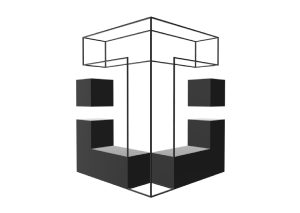The Ethereum blockchain underwent a major upgrade called Dencun on Wednesday, primarily aimed at reducing the cost of transactions on layer-2 networks built on top of Ethereum. We read about the Dencun upgrade so you don’t have to.
The Dencun upgrade is considered a hard fork, a radical upgrade in blockchain networks. Ethereum usually goes through one or two hard forks each year, with each fork providing a set of key features and substantial improvements to the network.
The upgrade consists of a set of Ethereum Improvement Proposals (EIPs), each providing a specific feature. The most important is EIP-4844, which introduces a technology known as data blobs. This technology is designed to reduce the cost of transactions on layer-2 networks such as Polygon, Arbitrum and Optimism.
Layer-2 networks emerged due to the high cost of transactions on Ethereum. These networks operate by bundling a large number of transactions and recording them as a single transaction on Ethereum, then distributing the cost of that transaction across a large number of users.
Before the Dencun upgrade, it was necessary to permanently store data for all transactions executed on layer-2 networks, requiring substantial storage capacity that increased equipment costs and consequently transaction costs.
Thanks to the Dencun upgrade, layer-2 transaction data will only be stored for 18 days within data blobs, instead of being stored permanently. This technology leads to a 96% reduction in the cost of storing one byte of data on Ethereum, making layer-2 networks more scalable and cheaper for users.
This upgrade is one of several major upgrades Ethereum will undergo in the coming years until it implements sharding technology, which will allow miners on the Ethereum network to validate different transactions simultaneously, significantly reducing transaction costs on the main Ethereum network.





